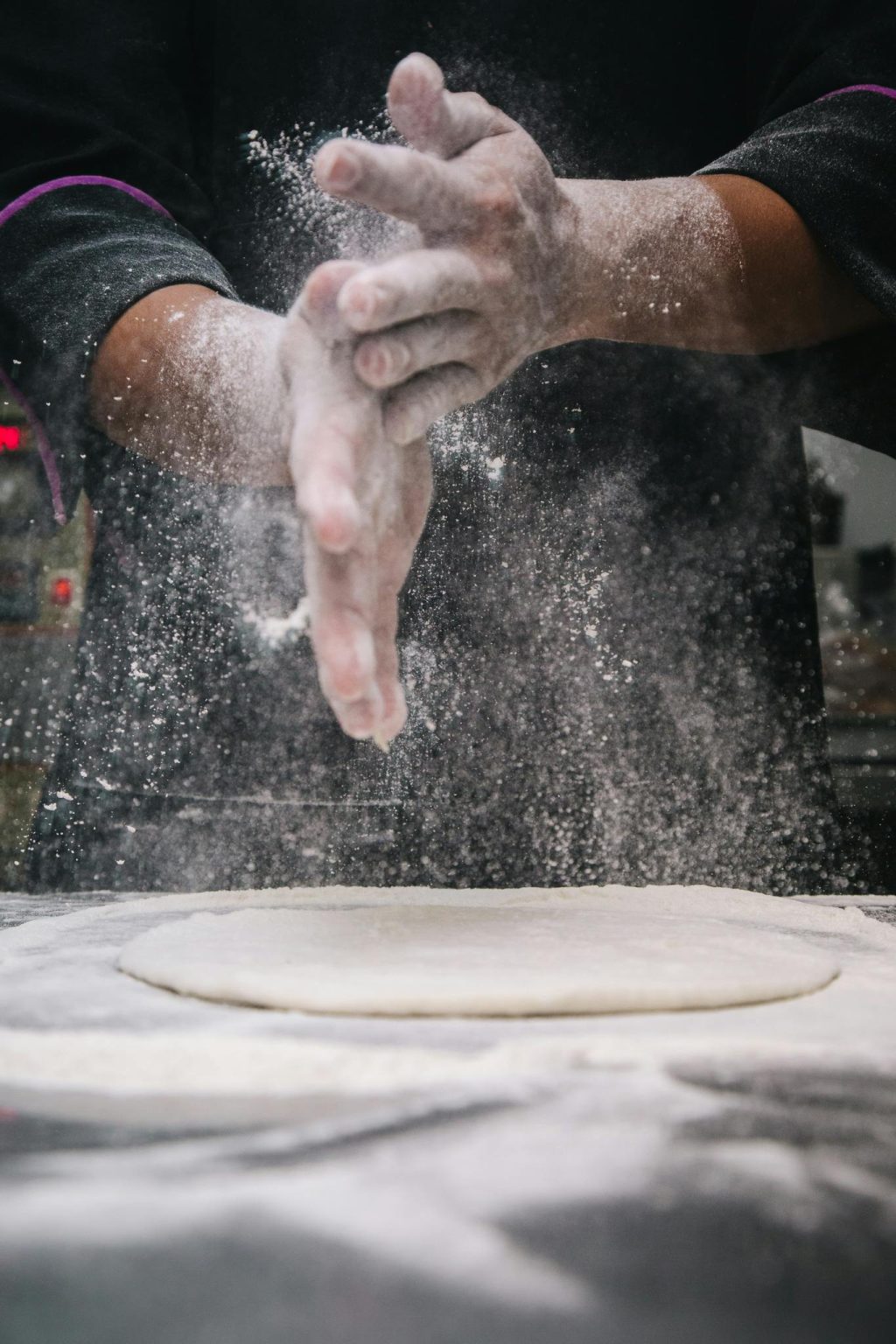Whether you’re jetting off on an exotic adventure or staying on home soil to explore the UK, a summer holiday is the perfect opportunity to indulge. And for many of us, that means eating out, sampling local specialities and picking up some foodie treats to take home.
But if you’re concerned about farmed animal welfare, it can be tricky to know what food to avoid when you’re away from home, according to award-winning eco chef and food writer Tom Hunt.
Tom, author of cookbook Eating for Pleasure, People & Planet and food columnist, has teamed up with RSPCA Assured to help holiday-makers understand how to choose higher welfare products when travelling in new places.
“Growing up on farms, animal welfare is something I care deeply about,” says Tom. “But finding high-welfare meat when travelling or eating out can be tricky. I’ve learned to look for trusted certifications like the RSPCA Assured label alongside outdoor-reared, free range and organic here in the UK, the EU Organic logo across Europe, or Animal Welfare Approved in the US, which all have rigorous standards. Another important signifier of higher welfare is pasture-reared.
“My go-to travel strategy is finding a local farmers’ market or wholefood shop early in any trip. Not only can I stock up on quality ingredients, but the knowledgeable staff are goldmines for food and restaurant recommendations. They know which local chefs share their values and source responsibly. It’s practical detective work that’s never let me down, and often leads to the most memorable meals of the trip.
“Whether you’re abroad or at home when you are in a restaurant the easiest way to check the animal welfare of a dish is to ask. If the waiter doesn’t know or has a generic answer, it’s best to avoid that meat and go vegetarian or order another dish you can be more certain of. Wild fish or game – from plentiful species – are a good back up if you want to enjoy a piece of meat.”
Charlotte Thomas, regional farm assessment manager for RSPCA Assured, added: “Many of us are now choosing to eat better by opting for higher welfare products in our weekly shop, such as free range eggs, organic salmon or RSPCA Assured labelled chicken. This may seem harder if you’re on holiday somewhere new, but with a little research beforehand you’ll be able to get an idea of what local shops, supermarkets and restaurants stock more ethical products.
“It’s also really important to familiarise yourself in advance with any local cuisine which may come from endangered animals, or has been produced using cruel methods. The best way to avoid encouraging this trade is to not buy any of these products and opt for an alternative higher welfare dish instead.”
Here’s how else you can make higher-welfare choices while on your travels this summer:
Say no to foie gras
Foie gras is a type of pate made by force-feeding ducks and geese, making their liver expand to 10 times its normal size. Despite the practice being banned in the UK, foie gras can still be imported here and is widely produced in popular holiday destinations including France, Hungary and Bulgaria.
To produce foie gras, a pipe is pushed into a bird’s throat two or three times a day to pump a grain and fat mix into their stomach. For geese, this can mean as much as two kilograms being forced into them each day – around the same weight as two bags of sugar or a brick.
This cruel practice causes significant pain, suffering and injury to birds. You can do your bit to take a stand against it by avoiding buying foie gras if you see it on menus or in shops while on your travels this summer.
Be aware of local foods made from endangered animals
It’s normal to want to immerse yourself in local culture, but make sure that’s not at the expense of endangered animals. Sadly, there are still many animals hunted to near extinction for so-called delicacies, like shark fin soup or turtle jelly.
If you’re travelling abroad, familiarise yourself in advance with any local cuisine which may come from endangered animals. And don’t be tempted to try it, even if it’s just a one-off – this is how tourists can unwittingly help drive up demand and encourage more hunting.
Looking for higher welfare? Look for the RSPCA Assured logo
If you’re holidaying in the UK, the easiest way to make sure you’re buying higher-welfare meat, fish, eggs or dairy products is to look for the RSPCA Assured logo. This means it has come from a farm inspected to hundreds of welfare standards set out by the RSPCA, using over 200 years of experience in working with animals.
Bookmark the RSPCA Assured store finder at www.rspcaassured.org.uk/retailers to help you find supermarkets stocking higher welfare meat, fish, dairy and eggs wherever you are in the UK. Remember, if you’re not sure – look for the RSPCA Assured label.
If you’re going abroad, a quick internet search will help you research higher welfare labelling and availability in the country you’re travelling to.
Eat less, eat better
From the spicy and aromatic lentil dhal of India to the colourful, fresh salads of the Med, the world is bursting with incredible tastes, flavours and textures which are all naturally vegan. And holidays are a great time to give some of these a go, especially if you don’t usually choose meat-free options.
So alongside eating better and choosing higher welfare options, why not pick a few days of your holiday where you’ll try out local plant-based flavours? That doesn’t mean you have to miss out – picture a lazy lunch in the sun with soft, herby focaccia served with succulent olives and creamy houmous. Perfect!

